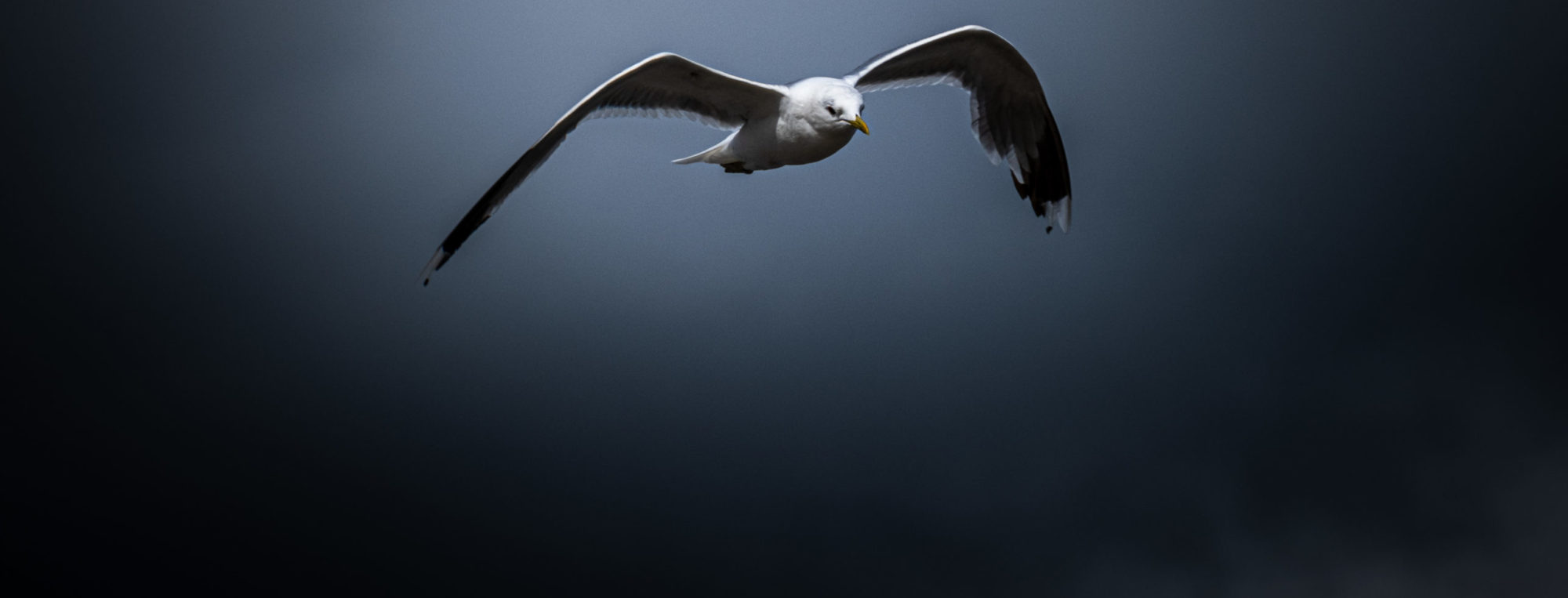A while back I wrote about the track When the rain speaks by Chris Gruchacz and today we go Behind the piano once again to get to know Chris a bit better!
What’s your real name?
Christopher Michael Gruchacz
How did you come up with your artist name?
I went back and forth for so long about whether I should use my real name or a stage name, but I finally decided to use my real name because I tend to compose for a lot of different musical styles. At one point I was going by “Therlo” as my artist name back when I was focusing primarily on EDM production, but ever since I started pursuing video game and film audio I thought using my real name would be more appropriate. Plus it makes things easier since I don’t have to manage multiple identities online. However, I know my last name is rather odd/unique so I guess in time I will find out whether it’s memorable or confusing.
Where are you from? And where do you live?
I was born and raised in a small town on the Oregon Coast (western US) but after college I moved a few hours north to western Washington. I plan to relocate in the near future, but I know I’ll be staying in the Pacific Northwest. This region feels like home and I can’t see myself living anywhere else. However, I would love to have a vacation home somewhere in Europe in the future.

How long have you been playing the piano, and do you play other instruments as well?
I first started exploring the piano in 2014 when I took a basic piano class in college, but I didn’t start writing for it until very recently. I’ve been playing guitar and trumpet for much longer, and I played the bass in a variety band for a few years before the COVID-19 pandemic put live music on hold. The trumpet was my first instrument and I actually wanted to be a professional trumpet player until I got absolutely burnt out on it in college. I consider the guitar my primary instrument, though I don’t play it very much these days.
Tell us about how you started playing music.
Strangely enough, I didn’t care much for music when I was very young. But when I picked up the trumpet in middle school in 2004, I fell in love with band class and played trumpet in every school and community ensemble I could. In 2010 I started playing the electric guitar as well, and started a cover band with my friends. We gigged up and down the Southern Oregon Coast for about 7 years, performing at bars, festivals and private events. In college I studied audio production and that’s when I began writing my own original material.
How long have you been making piano music?
I’ve been making piano music for almost a year, so this is a very new experience for me. I don’t consider myself a pianist, but I love the versatility of the piano so I plan to continue improving and seeing where it takes me.
Tell us something about that moment you realized you could make songs yourself!During the summer of 2015 before I transferred from community college to university, I finally realized that I could use my cheap Casio keyboard as a MIDI controller to write music in FL Studio. At the time I was only familiar with playing trumpet in school and writing rock songs, so that simple discovery opened up a whole new world of musical possibilities. I spent many nights staying up until sunrise learning basic production techniques and took my first steps writing full arrangements.

What are your favorite artists in this “piano genre”?
Ólafur Arnalds, Snorri Hallgrimsson, Niklas Paschburg, Ed Carlsen, Jameson Nathan Jones, Mike Lazarev, Nils Frahm and Nil Ciuro.
Is there one song which you play over and over again as soon as you sit down by a piano?
I don’t think I could ever get tired of playing “Tomorrow’s Song” by Ólafur Arnalds from his album Living Room Songs.
What rules (in making music) need to be broken?
The thought that you need to have top-of-the-line studio gear is a rule that needs to be broken. Some of the best music was written because of the limitations imposed on artists by their limited selection of gear and their environment. It’s better to get really good at the few items you possess than to be just okay at a lot of different things. Plus, having too many instruments, whether virtual or analog, leads to “analysis paralysis” which makes it hard to choose a starting point for a new project.
How do you record your music?
I record my music from my home studio where I have a fairly simple setup with a couple microphones, guitars and some MIDI controllers.
Whats your take on sampled instruments?
I think sampled instruments are great! While they aren’t nearly as nice as having the real thing, they have come a long way since music first went digital and they’re so versatile that it’s easy to make them sound authentic and give them your own signature sound.
Anything else you want to share?
I encourage all my fellow musicians and artists to use your creativity for more than just entertainment. It’s a powerful method of bringing people together, elevating the importance of the imagination and pushing for social change.
Where do all your songs come from?
Much of my music is inspired by current events. I’m a strong advocate for progressive change and I like to use music as a way to convey the importance of building an inclusive, cooperative society based on empathy, art and intellectual exploration.

